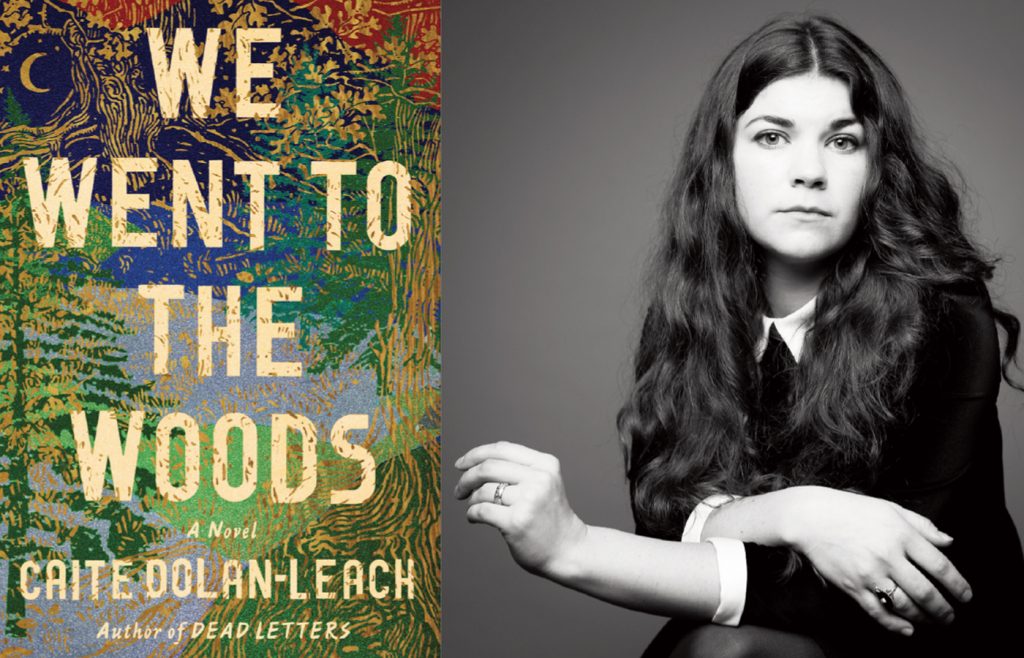
Caite Dolan-Leach will read from her new novel about the pitfalls of intentional communities, We Went to the Woods, on Friday, July 19, 7 p.m., at Prairie Lights in Iowa City.
As a kid growing up in Ithaca, NY, Caite Dolan-Leach and her friends fantasized about starting their own commune off the grid—sometimes jokingly and sometimes dead serious. As she grew older, she became increasingly interested in these types of communities, while also hearing more and more people express the desire to escape from societal unrest and unsustainable habits and completely change their lives.
Her preoccupation with the increasingly toxic political and natural environment led to an experimental garden and two years of research on the American tradition of intentional communities. We Went To The Woods emerged as an exploration of the traps and shortcomings that these social experiments have faced, and the collective mistakes that groups of well-meaning individuals can make, sometimes catastrophically.
Five millennials, certain that society is on the verge of economic and environmental collapse, agree to take a bold leap of faith and flee from society together. They gather in rural upstate New York to transform an abandoned farm, once the site of a turn-of-the-century socialist commune, into an idyllic self-sustaining compound called the Homestead.
Initially exhilarated by restoring the rustic dwellings, planting a garden, and learning the secrets of fermentation, the group is soon divided by slights, intense romantic and sexual relationships, jealousies, and suspicions. And as winter settles in, their experiment begins to feel not only misguided, but deeply isolating and deadly.
We Went to the Woods spins a poignant and deeply human tale with sharp insights into our modern anxieties, our collective failures, and the timeless desire to withdraw from the world.
Caite Dolan-Leach is the author of Dead Letters and a literary translator. She was born in the Finger Lakes and is a graduate of Trinity College Dublin and the American University in Paris.
“Equal parts slow-burning thriller and intelligent analysis of the pros and cons of intentional communities, the novel will appeal to those who would rather read about such endeavors from a safe distance than be immersed in their messy reality.” —Kirkus Reviews
